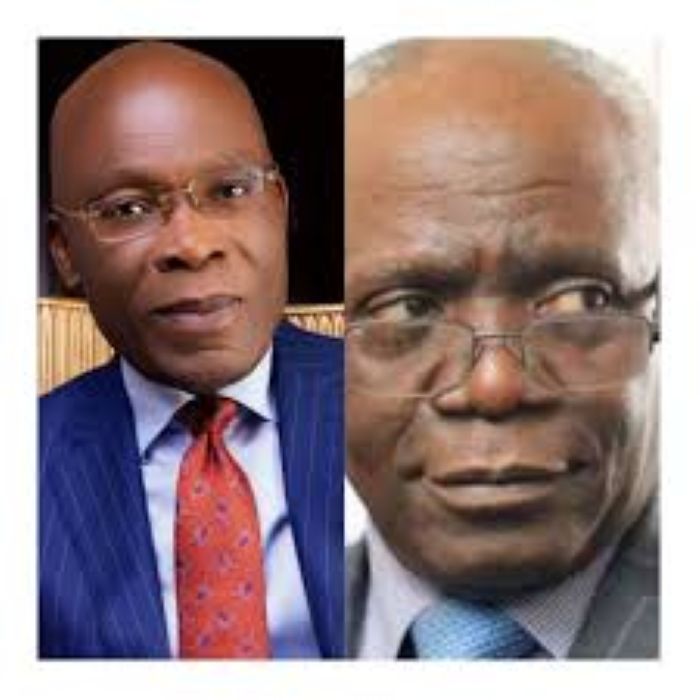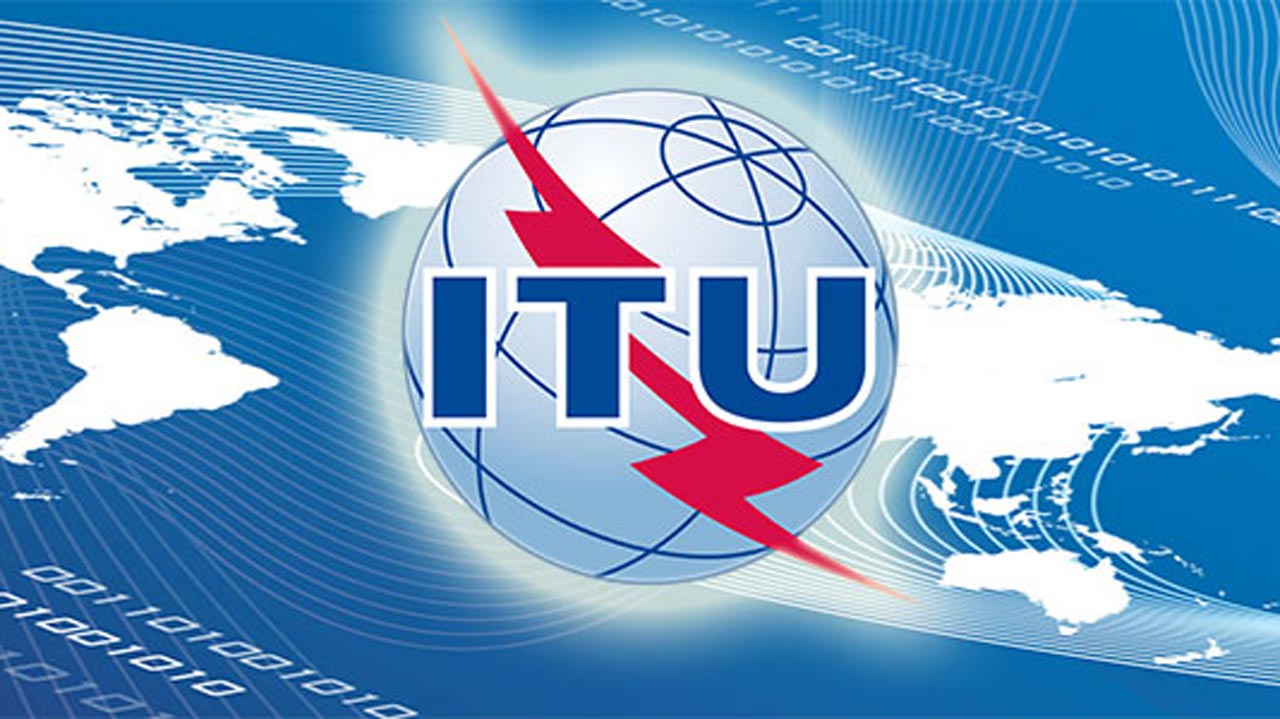The Manufacturers Association of Nigeria (MAN) yesterday said the manufacturing sector is positively responding to the economic therapy of President Bola Tinubu.
Its Chairman, for Oyo, Osun, Ondo, and Ekiti, Dr Sam Olawoye, said the sector is gradually recovering from recent economic shocks.
He spoke during an interview in Ibadan while assessing the impacts of recent government reforms on the industry.
Olawoye said the removal of fuel subsidy and floating of the naira caused significant disruptions to manufacturing and production costs over the last two years, affecting consumer demand.
“The cost of living and production went up sharply. Manufacturers couldn’t produce or sell as much, and consumers’ purchasing power dropped drastically,” he said.
He, however, noted that the naira has begun to stabilise, and Nigerians are adjusting to the new realities, describing them as painful but necessary for long-term national growth.
According to him, Nigerians are known for their resilience, and many have begun adapting to the economic changes, despite the hardship brought by the reforms.
“These reforms are critical, if Nigeria’s economy is to avoid collapse. People must learn to earn their living outside of government dependency,” Olawoye said.
He noted that the reforms have forced a shift away from rent-seeking, fostering a culture of productivity and entrepreneurship needed for sustainable economic development.
Olawoye acknowledged that the government has introduced measures to cushion the effects on manufacturers, including relief for pharmaceutical industries through import tariff waivers.
“Pharmaceutical manufacturers now enjoy tariff removals on imported raw materials, which should lead to lower medicine costs,” he said.
He stated that similar relief measures were being extended to other manufacturing sectors to support local production and employment.
“Health is wealth, and supporting local pharmaceutical production is a step in the right direction,” Olawoye added.
The MAN chairman said the Tinubu administration has not performed badly, especially considering the scale and necessity of the economic reforms it introduced.
He noted that proceeds from the subsidy removal and currency reforms are being invested in infrastructure like roads and rail transport across the country.
“These investments show the money saved is not wasted. If government maintains sincerity, Nigerians will eventually see the benefits,” he said.
Olawoye urged the Federal Government to sustain its sincerity and transparency to restore citizens’ trust and ensure lasting economic improvement.
He reiterated that the manufacturing sector remains vital to national development and must continue receiving targeted support to survive current economic challenges.
“Manufacturing creates jobs, drives innovation and reduces import dependence. A strong industrial base will help Nigeria grow,” he said.






